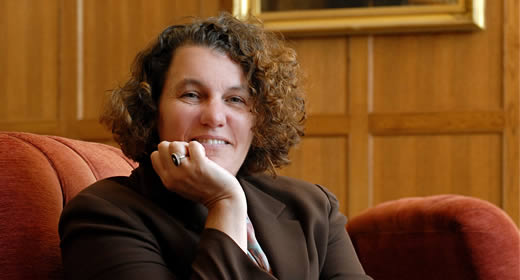
It’s the polar opposite of affirmative action, which boosts applicants who have faced adversity. It’s unconscionable for a handful of elite colleges to amass enormous tax-advantaged endowments and use them to perpetuate privilege in this way.
— SUSAN DYNARSKI on the admissions bump to legacy students. New York Times, Oct. 27, 2018.
The United States is still less protectionist than it has been through-out most of its history or than most nations are today.
— JUSTIN WOLFERS on the Trump administration's actions on tariffs New York Times, Nov. 21, 2018.
We have forgotten all the basic lessons of the causes and consequences of the financial crisis.
— MICHAEL BARR on the weakening of the Dodd-Frank Act. Politico Morning Money, Nov. 1, 2018.
State-level climate policies will undoubtedly play an important role in creating a market for renewable energy...(however) some of these other state-level policies that facilitate getting renewable energy projects built—even in places where talking about climate change may be untenable.
— SARAH MILLS on conservative states opting to embrace wind energy. The Conversation, Oct. 22, 2018.
A crucial part of the arsenal for shaping the future of gene editing is hiding in plain sight: the patent system.
— SHOBITA PARTHASARATHY calling on governments to use patents to regulate CRISPR-Cas9, like they've done with past technologies. Nature, Oct. 23, 2018.
I think Americans are often very concerned when they see leaders with authoritarian tendencies telling their supporters things that are false over and over again and attacking other sources of information. And if that worries you when you see it abroad, it should worry you when you see it here too.
— BRENDAN NYHAN on fake news obscuring the truth NPR, Sept. 2, 2018.
Below is a formatted version of this article from State & Hill, the magazine of the Ford School. View the entire Winter 2019 State & Hill.